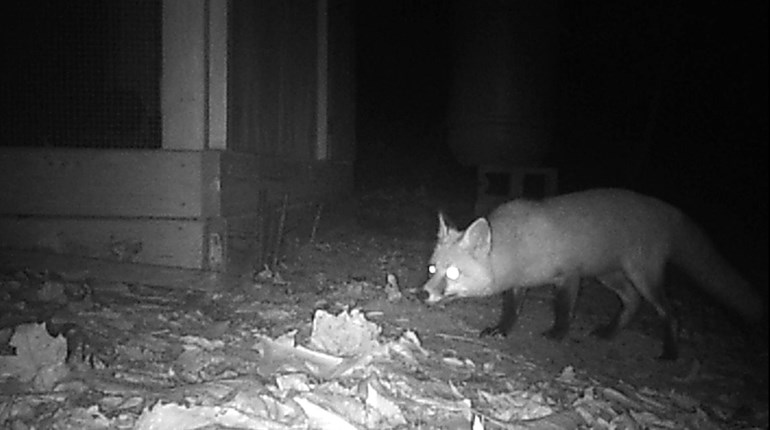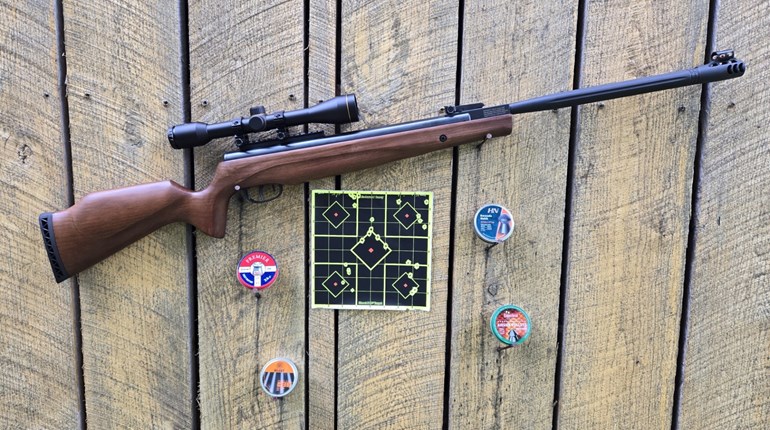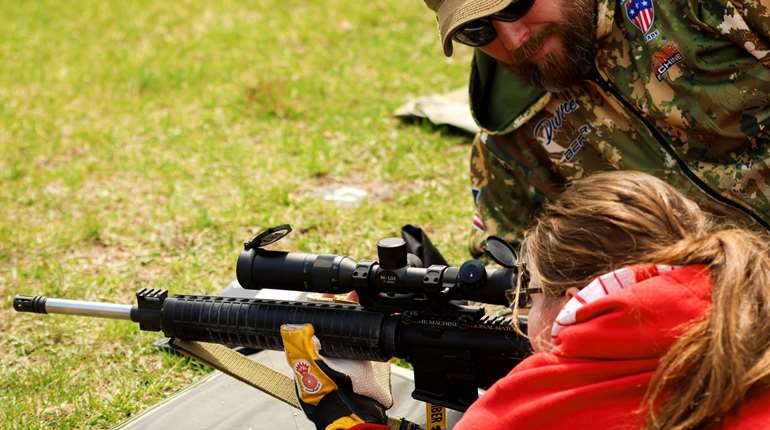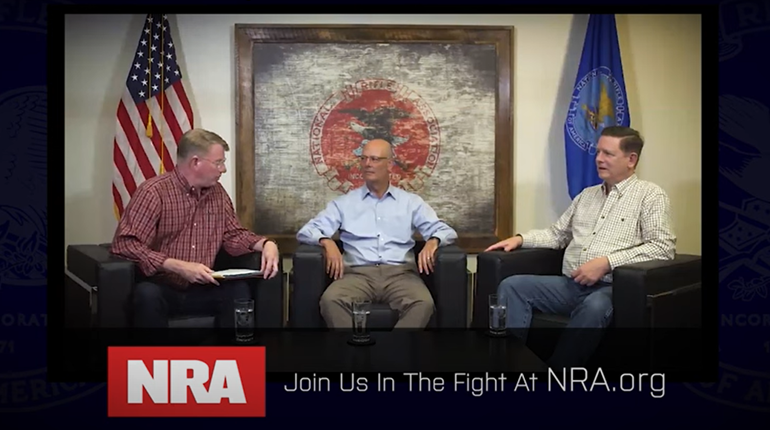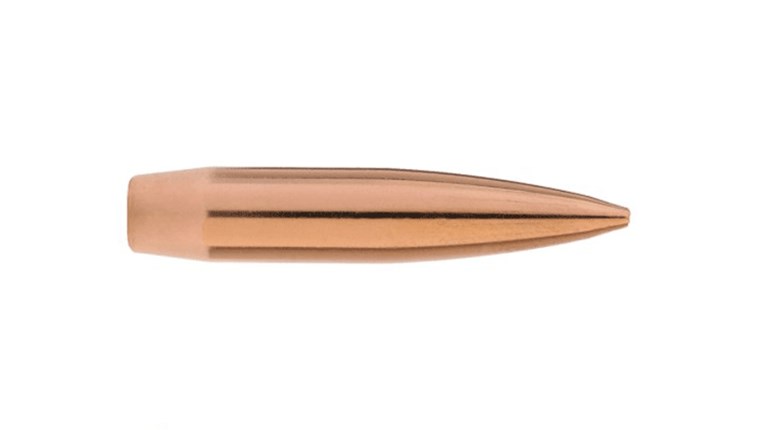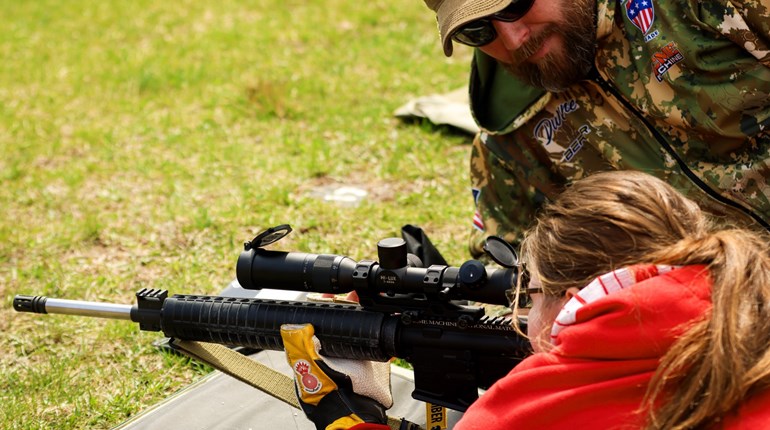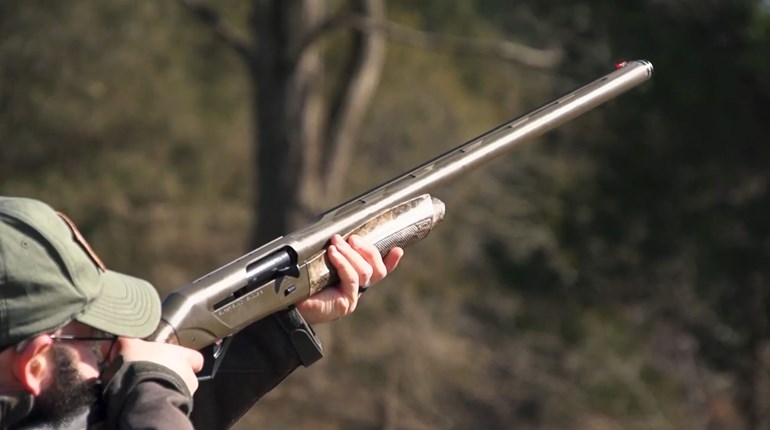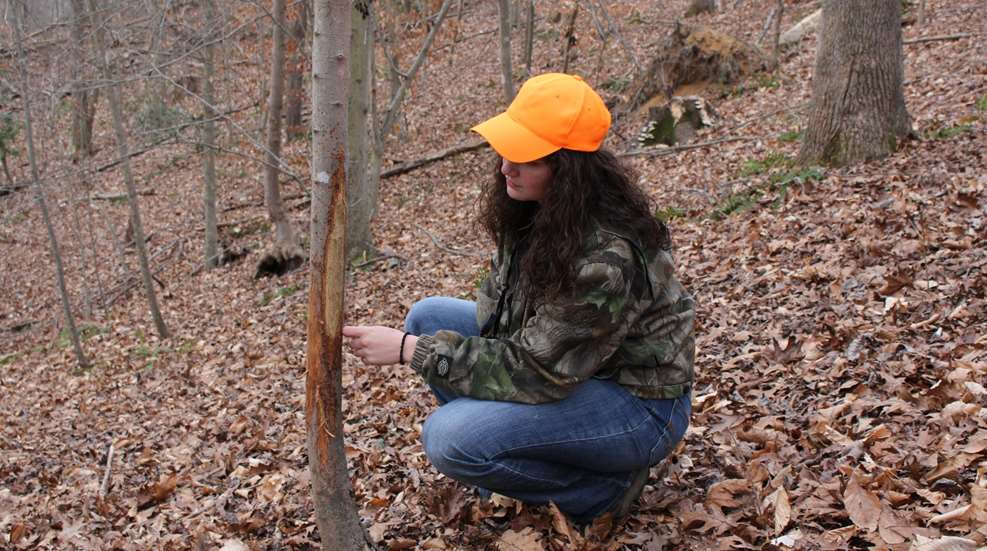
Hunting seasons will start around the nation very soon. Each year many state game and fish agencies and many conservation agencies encourage seasoned hunters to mentor a new hunter and get them afield. I have even done many articles on what to expect when mentoring hunters. However, I think many of us have put the cart before the horse. We need to teach the prospective hunter how to plan their hunt first!
The first step
Obviously the first thing a mentor needs to do is make sure the prospective hunter knows what they are in for. You simply do not tell someone to be ready at a certain time and then show up with your truck and firearms and take them afield. Meeting in person is best, although a phone call to discuss the quarry, the conditions and other logistics is OK in a pinch.
It's important to ensure they have taken a hunter education course, or if your state offers, purchased the apprentice license and are familiar with the rules regarding use of such. (Apprentice licenses can be helpful for recruiting new hunters, as they let one “try” hunting to see if you like it before making further investments of time and money.) Do note that if you’re taking someone afield without a hunter education certification, it is really important for mentors to keep very close tabs on new hunters. They simply do not have the experience that seasoned hunters do, nor the knowledge someone who took the course may have. Remain by their side as much as possible.
Never assume
It goes without saying that one should never assume that those wanting to hunt know anything at all. I have lost track of how many times I thought people knew better. Examples include not wearing perfume, cologne or aftershave; not eating fast food in the truck prior to the hunt; not looking at the weather forecast for the entire day to include the windchill; not bringing water or food for the hunt; not bringing ammunition or their license too! Yes, all of these things have happened on my watch when mentoring hunters. Never assume! I had one hunter get into the stand and suddenly start spraying Deep Woods OFF insect repellent right when the magic hour was about to happen. Not only was the scent giving us away, but the sound and movement did us in too!
Leading by example
As a current educator I know that many people learn best by seeing it for themselves or even doing something themselves. Hearing what they need to do or reading about what they need to do will work in pinch, but showing or doing a task side by side is an incredible way to teach a prospective hunter skills.
One task that can easily be done together is putting together gear for the hunt. Mentors can show their protégés what goes in their pack, their truck and their gear vest. Explain how to check that gear to ensure it is ready to go. Another example might be sighting-in a firearm together prior to the hunt and explaining what ranges to potentially expect to shoot, discussing any weather consideration for shots or conditions on the ground such as tall weeds, wind, thermals etc.…
Scouting
Involve your new hunter in the scouting. The scouting can begin digitally, with maps on a kitchen table, on a laptop over coffee or a meal, but it should progress to hunting boots on the ground. (Literally. If those boots are new, now’s the time to break them in.) Be sure to explain to your new hunter what scouting tools you carry with you—camera, GPS, apps on your phone that are useful, binoculars—and show them how to properly use them.
Don’t overlook meeting the landowner as a team to let the landowner know you have a guest with you, and to let the new hunter see how to form proper landowner/hunter relations. However, a word of caution here is in order. While we are all about sharing the experience, make it crystal clear that the property isn’t to be on the property without your presence. Use good judgement.
Manage expectations
Sometime before you head afield, share some stories about how you goofed up on your first hunts and lost opportunities and so on. Sharing such experiences will alleviate some stress and apprehension and let your new hunter know that we all make mistakes (and hopefully show them how to not make the ones you made). The message should be that as long as they are safe, ethical and alert, the rest is gravy.
Just prior to the hunt
Just prior to the hunt take some time to touch base with your new partner and discuss any changes to the plan, where you will be meeting, times, stands or areas you will be hunting and expectations, particularly due to weather. Be sure to include time after the hunt for a debrief, potential processing of game and sharing with the landowner. In short, give the new hunter the whole experience start to finish … and with luck, this journey you’ve put them on won’t finish either!














